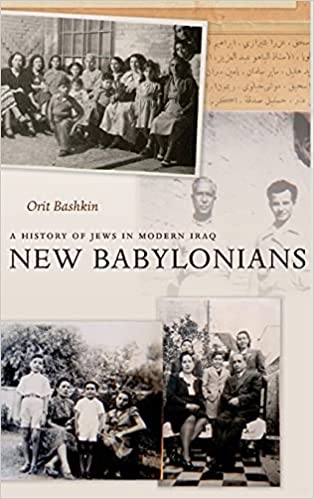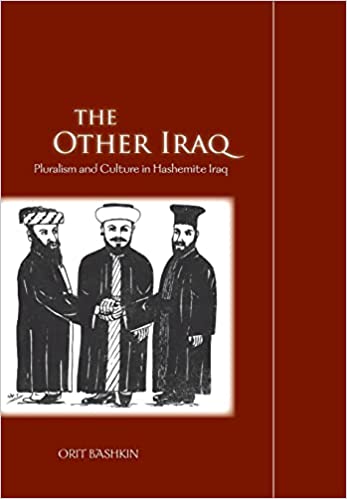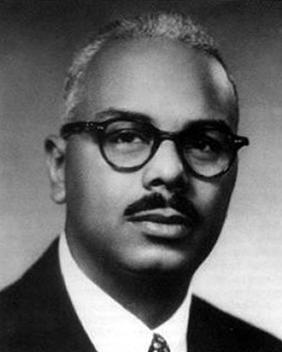
Orit Bashkin
Born:
Connection to Illinois: Bashkin is a Professor at the University of Chicago. Biography: Orit Bashkin is Professor of Modern Middle East History at the University of Chicago.
Awards:
- Impossible Exodus: Iraqi Jews in Israel 2018 NIKKI KEDDIE BOOK AWARD CO-WINNER
Web: https://nelc.uchicago.edu/faculty/bashkin
WorldCat: http://www.worldcat.org/search?q=Orit++Bashkin
Selected Titles
 |
New Babylonians: A History of Jews in Modern Iraq ISBN: 0804778744 OCLC: 811502389 Stanford University Press Palo Alto : 2012 Although Iraqi Jews saw themselves as Iraqi patriots, their community―which had existed in Iraq for more than 2,500 years―was displaced following the establishment of the state of Israel. New Babylonians chronicles the lives of these Jews, their urban Arab culture, and their hopes for a democratic nation-state. It studies their ideas about Judaism, Islam, secularism, modernity, and reform, focusing on Iraqi Jews who internalized narratives of Arab and Iraqi nationalisms and on those who turned to communism in the 1940s. As the book reveals, the ultimate displacement of this community was not the result of a perpetual persecution on the part of their Iraqi compatriots, but rather the outcome of misguided state policies during the late 1940s and early 1950s. Sadly, from a dominant mood of coexistence, friendship, and partnership, the impossibility of Arab-Jewish coexistence became the prevailing narrative in the region―and the dominant narrative we have come to know today. |
 |
The Other Iraq: Pluralism and Culture in Hashemite Iraq ISBN: 0804759928 OCLC: 225876107 Stanford University Press Stanford, Calif. : 2008 The Other Iraq challenges the notion that Iraq has always been a totalitarian, artificial state, torn by sectarian violence. Chronicling the rise of the Iraqi public sphere from 1921 to 1958, this enlightening work reveals that the Iraqi intellectual field was always more democratic and pluralistic than historians have tended to believe. Orit Bashkin demonstrates how Sunni, Shi'i, and Kurdish intellectuals effectively created hyphenated Iraqi identities, connoting pride in their individual heritages while simultaneously appropriating and integrating ideas and narratives of Arab and Iraqi nationalism. Illustrating three developmental stages of Iraqi intellectual history, she follows Iraqi intellectuals' changing roles, from agents of democracy, to specialists who analyze the population, to deeply entrenched members of society committed to change. Based on previously unexplored material, this eye-opening work has significant contemporary implications. |




.jpg)